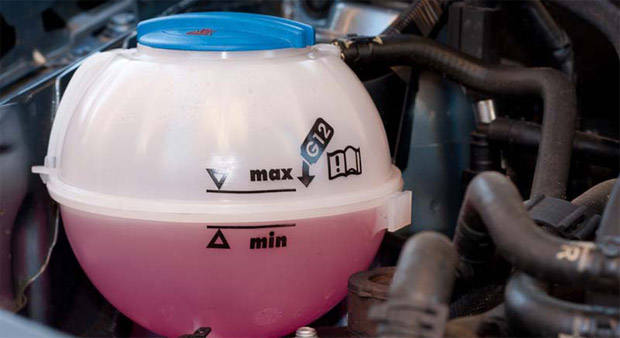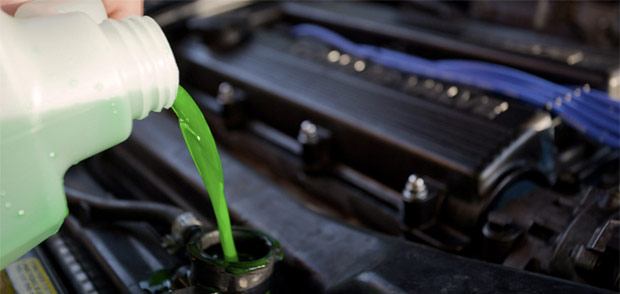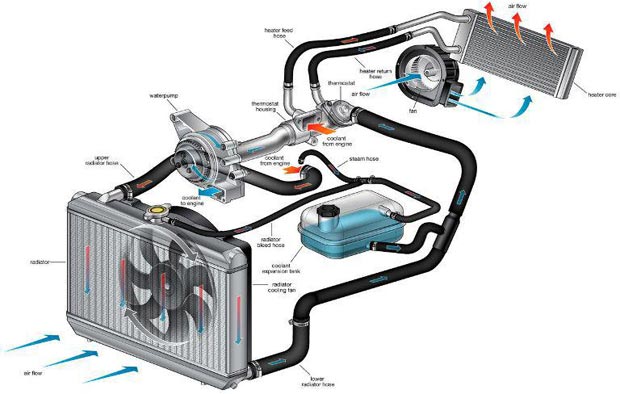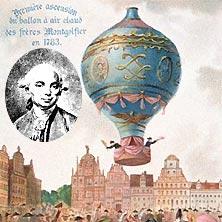
Antifreeze leaks, no leaks. What to do in such a situation?
What are the consequences of antifreeze leakage?
The main task of antifreeze as a coolant is to prevent overheating of the working parts of the motor. During engine operation, its components are heated to a large extent and, if proper cooling is not provided, the motor will fail in a short period of time. For this reason, monitoring the optimal amount of antifreeze in the tank becomes a priority for the car owner.
Reasons for fluid loss
There may be several reasons, due to which the cooling system may become smaller, even in the absence of smudges.
- Falling fluid levels due to seasonality. This phenomenon is considered normal, because according to general physical laws, when winter or cold autumn comes, the volume of liquid decreases. Accordingly, the driver sees a decrease in antifreeze in the system.
- The second reason for the decrease in the amount of antifreeze is associated with the carelessness or carelessness of the car owner. After adding liquid, many do not tighten the cap on the expansion tank tightly. Due to the access of air, the pressure value increases, and the coolant oozes through the loosely closed throat. It is easiest to detect such a malfunction in winter, since when the engine is running, antifreeze becomes white smoke oozing around the radiator. To fix the problem, it is enough to firmly tighten the cap on the expansion tank.


- The third and most unpleasant cause of fluid leakage is depressurization inside the cooling system. In the event of such a malfunction, the coolant enters the cylinders and is processed along with the fuel. The problem can be determined by the appearance of white smoke and a sweetish odor from the exhaust pipe. In addition, a white coating may appear on the oil dipstick.
If the tightness in the vehicle cooling system is broken, antifreeze circulation is disturbed. As a result, liquid may enter the cylinders through burnt or cracked areas in the cylinder head gasket.. The appearance of such a problem is fraught not only with a visual and very rapid decrease in the level of antifreeze in the expansion tank, but also with the fact that, in the event of a leak, the coolant can enter the oil, diluting it to a consistency unsuitable for further vehicle operation. Also, the presence of liquid for cooling in the cylinders can cause the formation of various kinds of deposits and soot, leading to a decrease in the overall performance of the power unit.


It is possible to eliminate problems with coolant leaks, both on your own and with the help of qualified specialists. However, it is very difficult to find a burned out or cracked place on the cylinder head gasket on your own. In this situation, it is better not to risk it and immediately go to a quality car service.


Watch this video on YouTube

